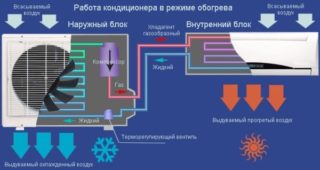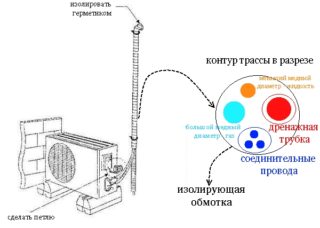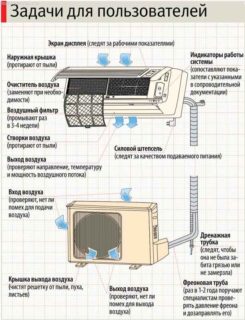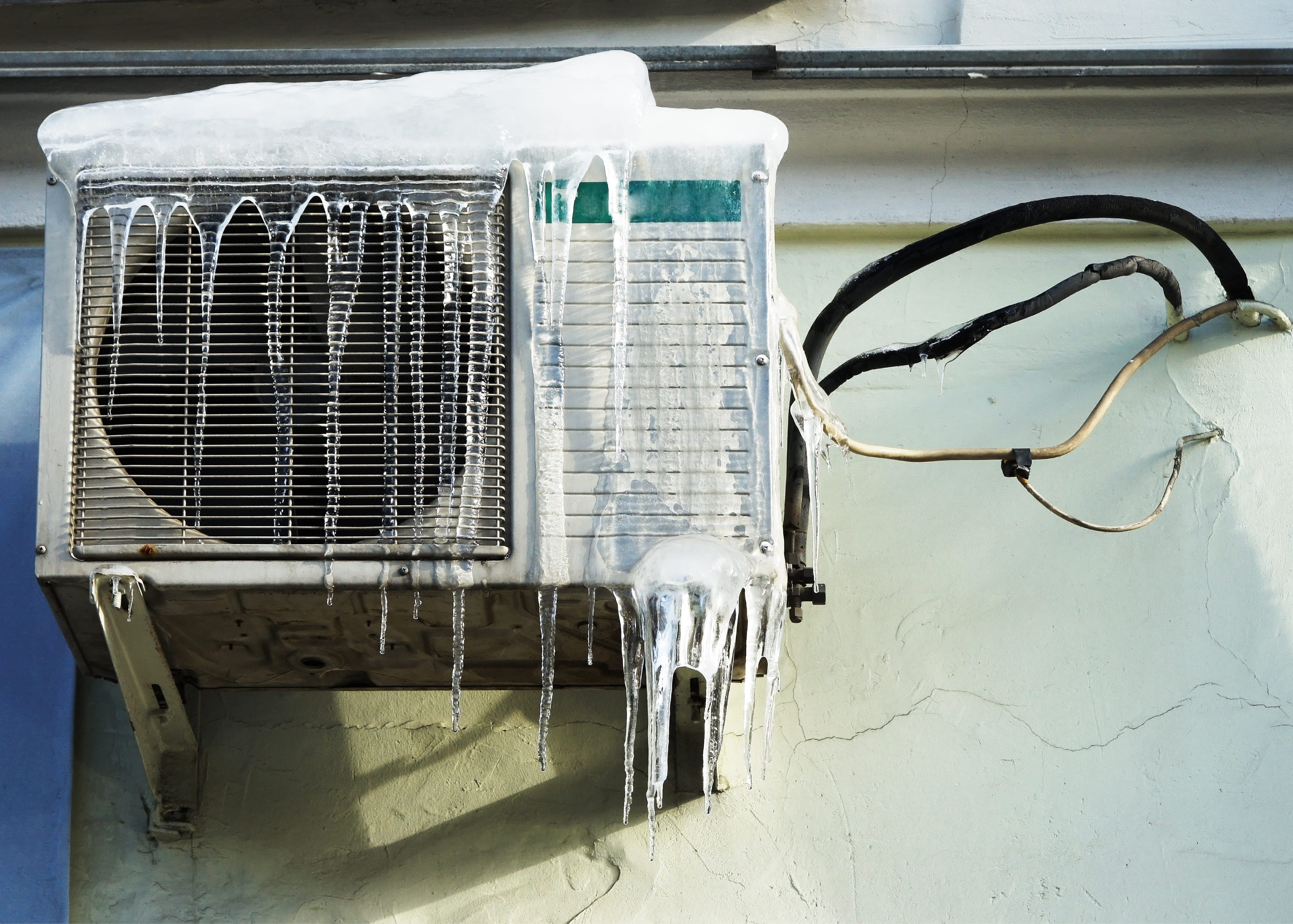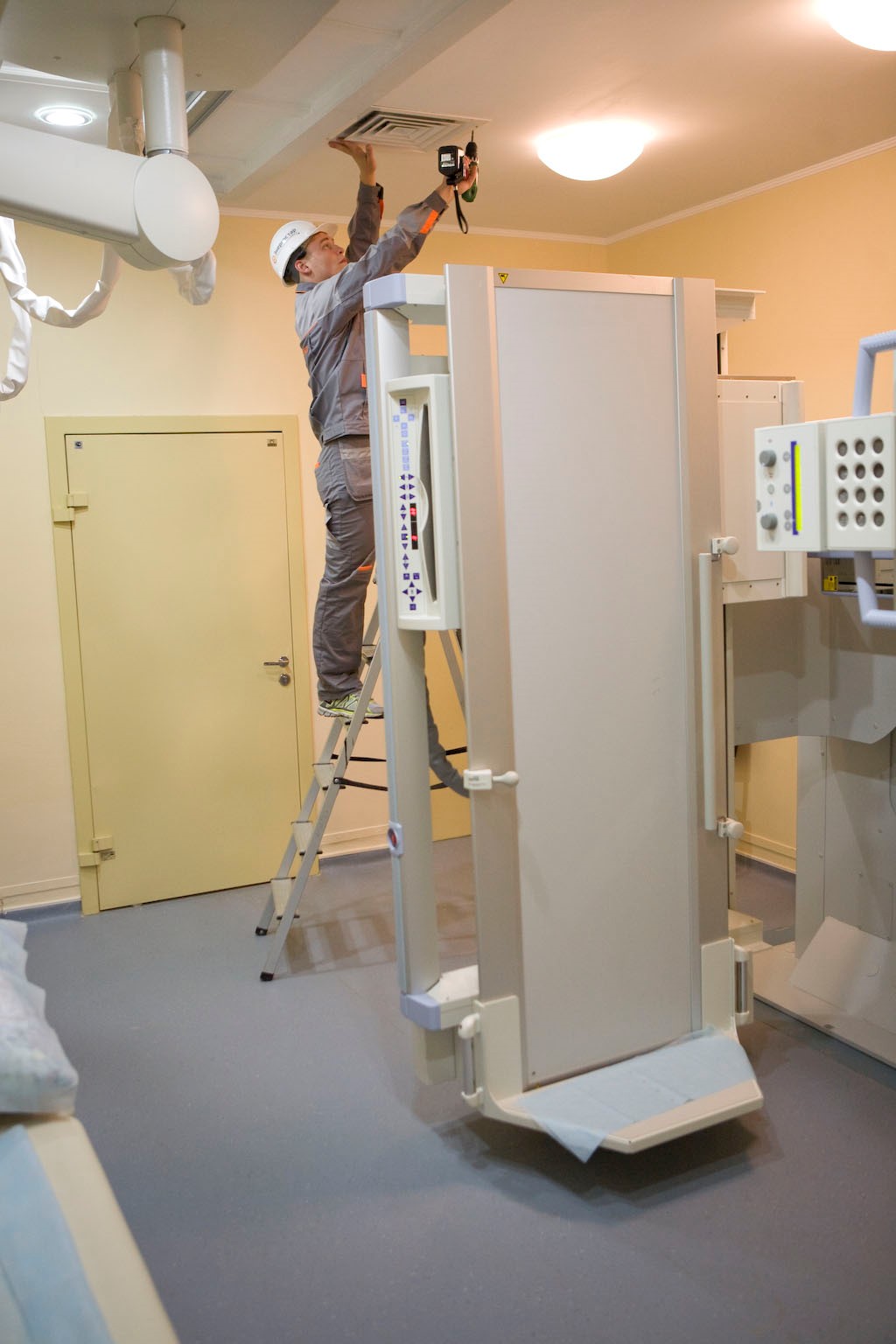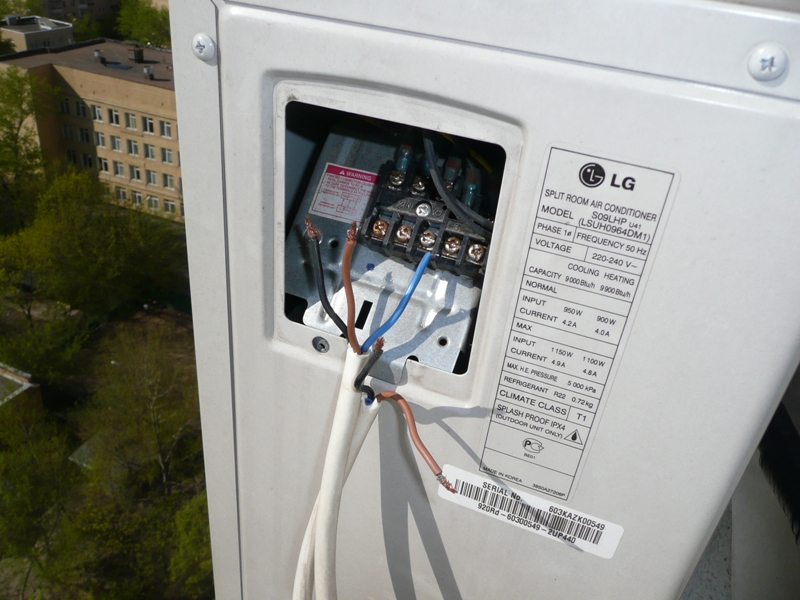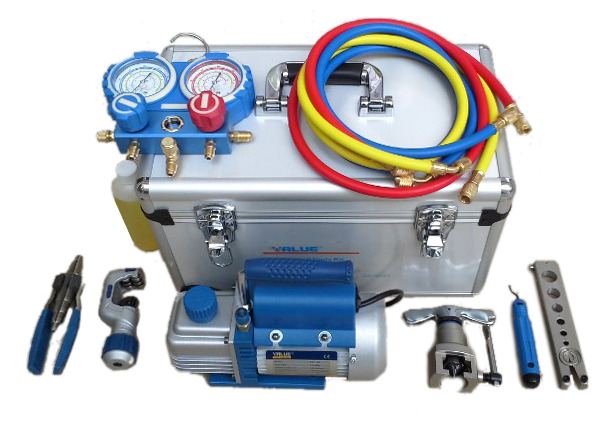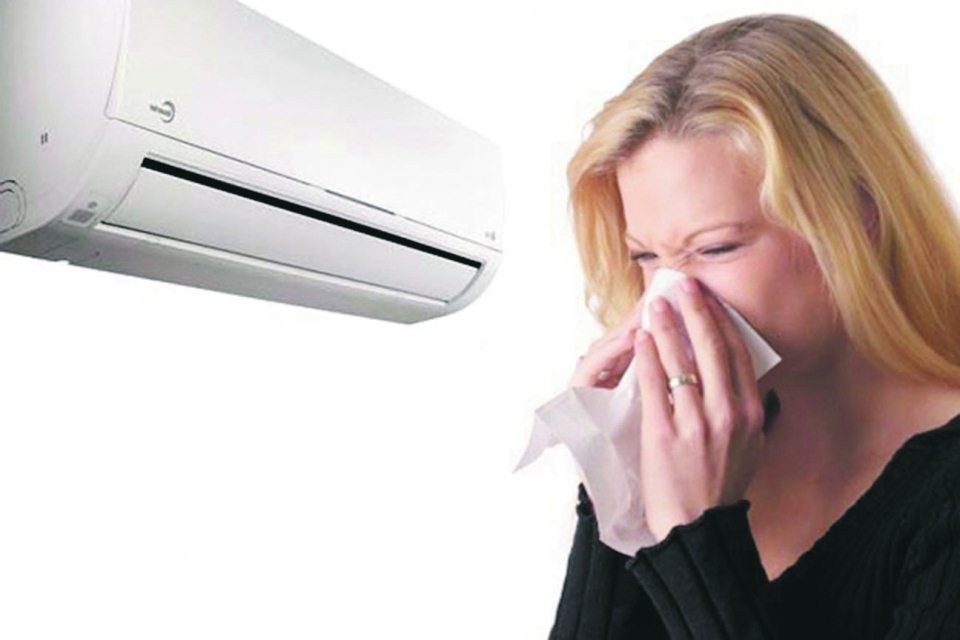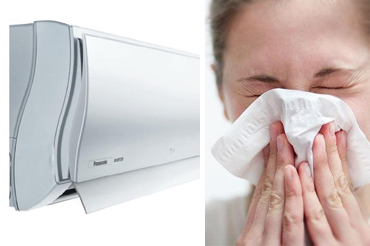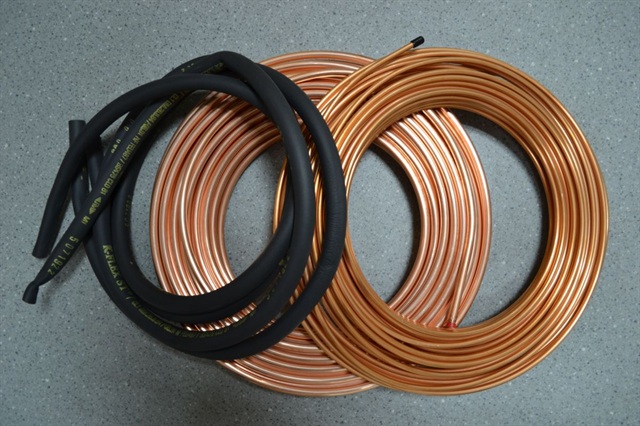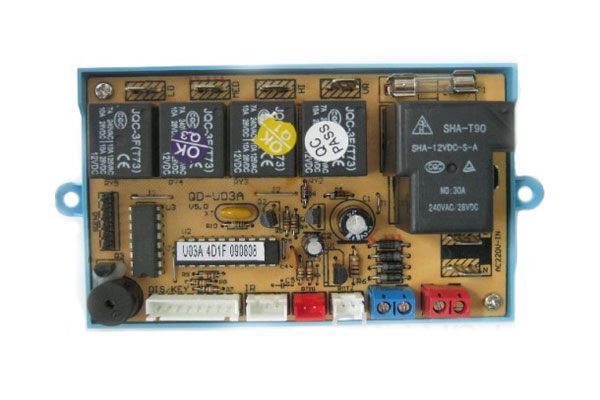Air conditioning is a common thing in the office and in the living space. Sometimes during operation, sounds arise that should not be present during normal operation. This worries the owners. One of these phenomena is gurgling in the air conditioner. The sound does not always indicate that a breakdown has occurred, but the problem cannot be ignored. Many problems can be solved on their own, serious malfunctions require contacting a service center.
Possible causes of extraneous sounds
The first step is to determine the cause of the noise, to find out whether it can negatively affect the operation of all equipment or the air conditioner is operating normally.
Safe sounds include the crackling and creaking of the case during operation, the murmur of water after switching off. Squeaking occurs when the temperature of the operating unit changes, as the plastic expands or contracts slightly. This is a common physical property of any substance. The sound of dripping water appears when the air conditioner is turned off, when the refrigerant flows to the lowest point of the cooling circuit.
You should pay more attention to clicks or sudden changes in the noise level during operation. This indicates a malfunction in the electronics, compressor or engine. If such sounds occur, you must immediately contact the nearest service center in order to localize a possible breakdown in time.
A fully functional air conditioner operates at a noise level of 22-28 dB. This sound comes from the moving parts of the fan and compressor, which are pumping air. The noise level is strongly influenced by the build quality of the device itself, as well as the parts used. In most cases, air conditioners from any manufacturer fit within the specified framework.
The air conditioner usually makes gurgling noises in winter when it is heating the room. At the same time, extraneous sound can be noticed even when the device is turned off.
There are two main reasons for a gurgling sound:
- incorrect operation of the drainage system;
- airing of the cooling system (freon leak).
The air conditioner may also gurgle during switching on and off. The compressor accelerates the freon through the system when it is turned on, or the movement slows down after it is turned off. Usually this sound is heard for 5-10 minutes. This is considered the norm in the operation of inverter air conditioners.
Drainage noises
The phenomenon occurs if the drainage pipes are not taken out into the street, but into the sewer system without a siphon. In this case, gurgling occurs when the split system is off. Sound can be transmitted directly from a sewer system or a water seal.
Improper placement of condensate drain pipes both outside and into the sewer system is a possible cause of an unpleasant sound, but is not common. This is due to the fact that condensation can form only in warm weather when the air conditioner is operating to cool the room. This is not possible with heating. The main reason for noise in winter is the airing of the cooling system.
Violation of the freon circuit
When working to heat a room using an air conditioner, the evaporator and condenser change their purpose. The freon pumped into the system enters the evaporator in a liquid state. Here it condenses and heats up strongly, up to a temperature of 60-80 degrees. The compressor drives warm air and heats up the room. This is a reverse cooling process in which the formation of liquid from gas takes place directly in the condenser block.
From the evaporator, liquid freon enters the outdoor unit, and this liquid can "gurgle". The structure, in which the processes of evaporation and further condensation of freon take place, is completely isolated. If the air conditioner is in working order, such a phenomenon is basically impossible.
Freon circulates in copper pipes, which are sometimes damaged during installation, which violates the integrity of the system and leads to refrigerant leakage, its partial replacement with atmospheric air or moisture. Due to the different compression densities of substances entering the system, gurgling sounds occur.
Other causes of noise
There are several indirect reasons that cause the air conditioner to gurgle when turned off in winter.
Freon is a gas that very easily changes its state of aggregation: it turns from gas to liquid and vice versa. In winter, due to the temperature difference between the street and the room, it circulates. At colder temperatures, the gas is cooled and pushed out by a liquid with a higher density. With this movement, a characteristic gurgling sound may appear. The same noises can be heard by observing the operation of the refrigerator, the principle of operation of which is similar to the principle of operation of an air conditioner.
Air conditioners that perform the function of heating the air have a built-in defrosting option for the outdoor unit. At the same time, electric heaters are periodically turned on in order to thaw ice on the heat exchanger. There are accompanying noises, clicks and sometimes gurgling. You should not be afraid of this sound, since water dripping onto the pallet will not in any way affect the performance of the unit.
In the warm season, noises can be caused by insects, which sometimes equip their home inside various parts of the split system. Ants or cockroaches can create entire colonies, whose vital activity resembles a gurgle. It is quite difficult to distinguish this sound from a mechanical one by ear, especially for a non-specialist.
Eliminating the problem
Tubes that are damaged are replaced, and the bends are straightened to acceptable angles. If necessary, the condensate drain pipe can be lengthened and positioned as close to the ground as possible. This will solve the problem of wind entering the liquid drainage system. It is advisable to clean the filters of the indoor unit, as well as the drain pan, since extraneous sounds can form there as well.
If during installation the drainage system is brought out into the sewer, check whether the tube is connected through a special siphon for the air conditioner. If not, purchasing a siphon will eliminate unnecessary noise from the drain and gurgling.
In cases where the above actions did not lead to the desired result, you need to seek help from specialists. The service center technicians will be able to check the tightness of the freon circuit and, if necessary, add refrigerant.
If the problem is not eliminated in time, further operation will lead to breakdown of the air conditioner, and repairs are much more expensive than localizing the malfunction.
It is recommended to carry out routine maintenance, which in most cases will be able to identify the malfunction at the initial stage and localize it. Self-diagnosis is performed at least three times a year. In the summer, when the air conditioner operates practically without switching off, maintenance is carried out once or twice a month. The indoor unit can be serviced on its own; it is enough to wash the filters with warm water and soap. The outdoor unit should be periodically cleaned of coarse debris.
It is important to adhere to the operating rules and prepare the air conditioner in advance for operation in hot or cold seasons. Do not turn on the equipment when the outside temperature is below acceptable standards.
Preventive measures will allow the split system to operate for many years, and it, in turn, will create comfortable living conditions for its owners. In the event of any malfunctions in the operation of the equipment, it is impossible to postpone diagnostics or repairs, because this leads to additional costs.

